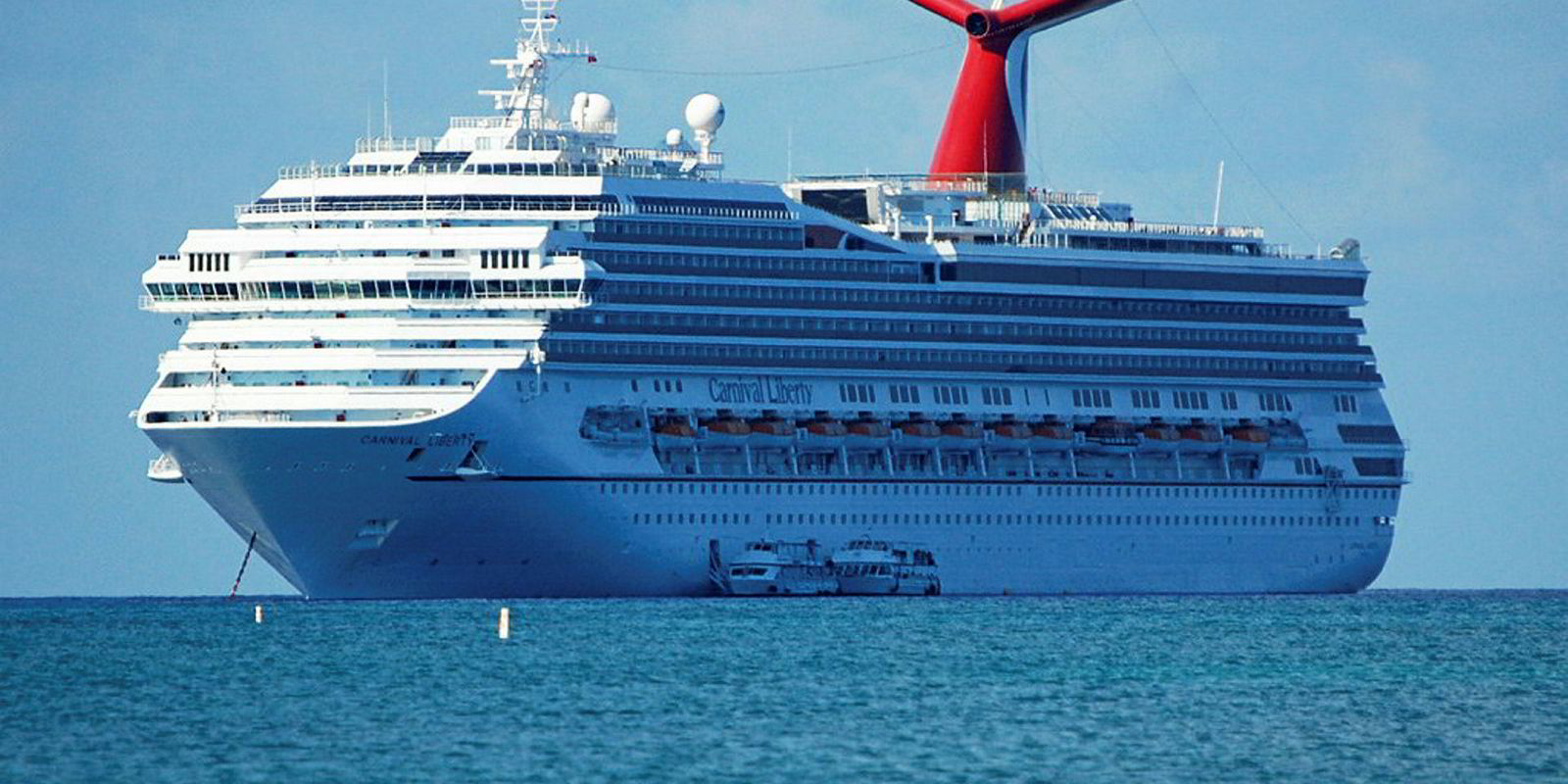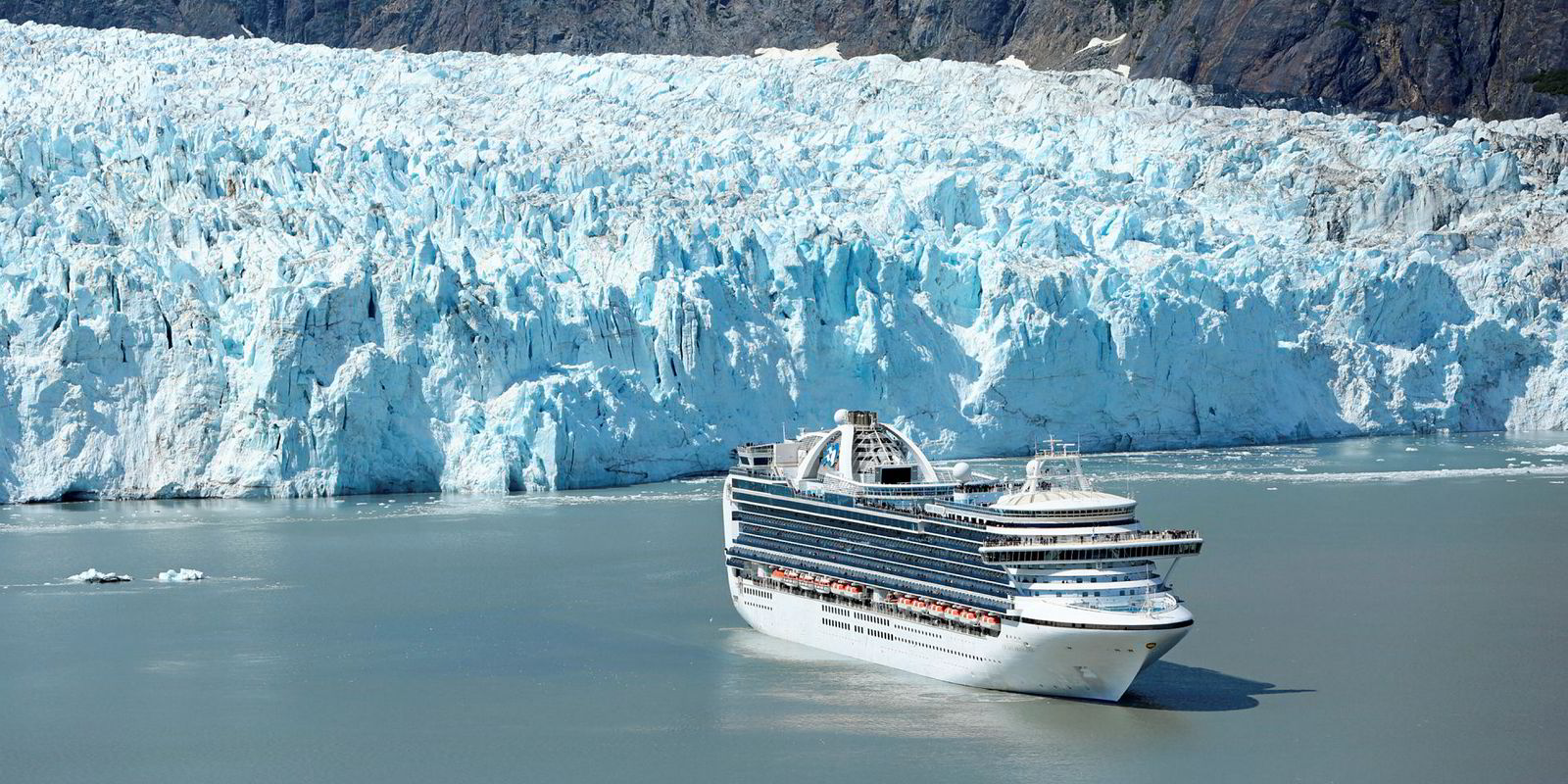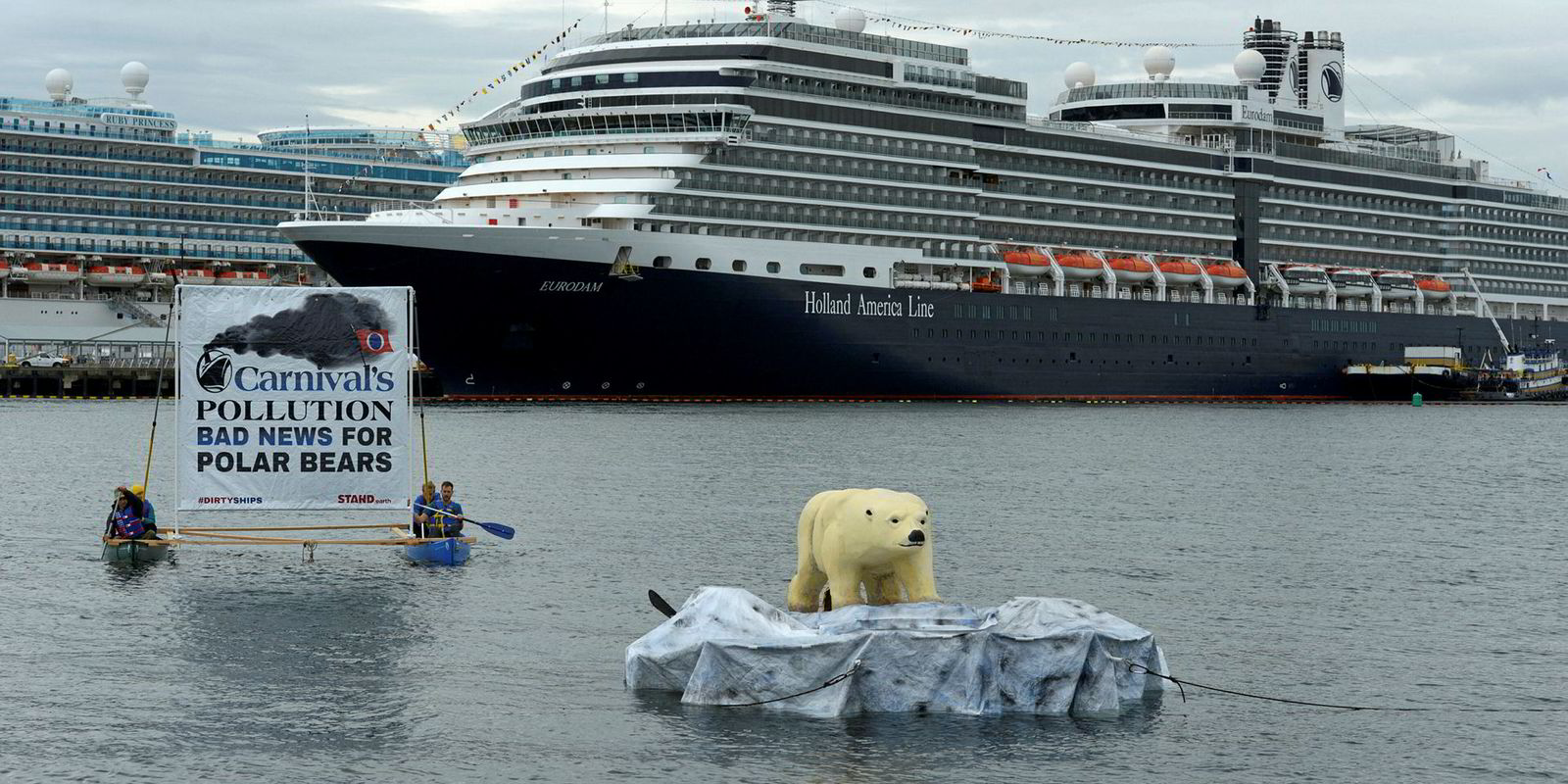Vacationers may be getting more than fresh air and sunshine while laying on the decks of passengerships, according to an environmental study.
A John Hopkins University air quality analysis amid four Carnival Corp cruiseship decks found higher levels of ultra-fine exhaust particulate matter (PM) behind the smokestacks.
"The findings of this study demonstrate that a source of PM -- likely, in part from the ship's exhaust system -- is contributing to poorer air quality in the stern area of these cruiseships," the 18-page report said.
"Concentrations of PM on the decks of these ships are comparable to concentrations measured in polluted cities, including Beijing and Santiago."
The study says that a record 26.7 million people went on a cruise in 2017, with Arnold Donald-led Carnival taking 42% of the market behind Royal Caribbean's 22% and Norwegian Cruise Line's 8%.
Crew members industrywide are estimated at more than 233,000 workers.
"The concern is that exposure to very small particle affects everyone who breathes them," said Ryan Kennedy, a health professor at the university's Bloomberg School of Public Health.
The four ships are: 3,100-berth Emerald Princess (built 2007) to Mexico in November; 1,380-berth Holland America MS Amsterdam (built 2000) along US West Coast in October; 2,974-berth Carnival Freedom (built 2007) to the Caribbean in April; and 2,974-berth Carnival Liberty (built 2005) to the Bahamas in October 2017.
"The reason why Stand.Earth is focused on Carnival is because it's the largest actor in the cruise sector," said Kendra Ulrich, Stand.Earth's senior shipping campaigner.
The highest average PM reading of 33,514 particles per cubic centimetre came from the running track area near the Carnival Liberty's smokestack during 31 minutes of testing.
"I found it shocking that they'd have a running track around a smokestack," she said during a conference call on the report.
A similar reading of 33,408 particles per cubic centimetre was found in the Emerald Princess' bow area, the report showed.
That was followed by a reading of 25,634 particles per cubic centimetre over 67 minutes at Carnival Liberty's stern.
'Fly-by tests are completely ridiculous'
Carnival refutes the Stand.Earth study as "fake tests" held to raise money.
"These so-called fly-by tests are completely ridiculous, inaccurate and in no way represent reality," spokesman Roger Frizzell said.
"We test the air quality of our ships and they meet or exceed every requirement."
He said the air quality on Carnival's ship decks when in port compares favourably with a typical urban or suburban environment.
"Independent testing on our funnels -- which is the area where the exhaust originates- --further validates our claims," he tells TradeWinds.
He said Carnival puts guest safety as its top priority and works closely with regulators such as the EPA to ensure it.
"This particular organization, for fund raising purposes, is constantly in search of a problem in our industry even if it has to create fake tests that really have no scientific basis," he said.





